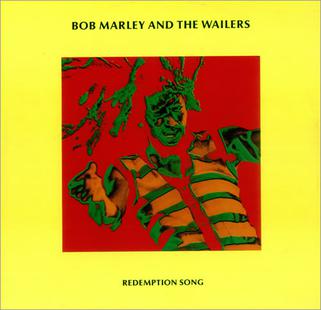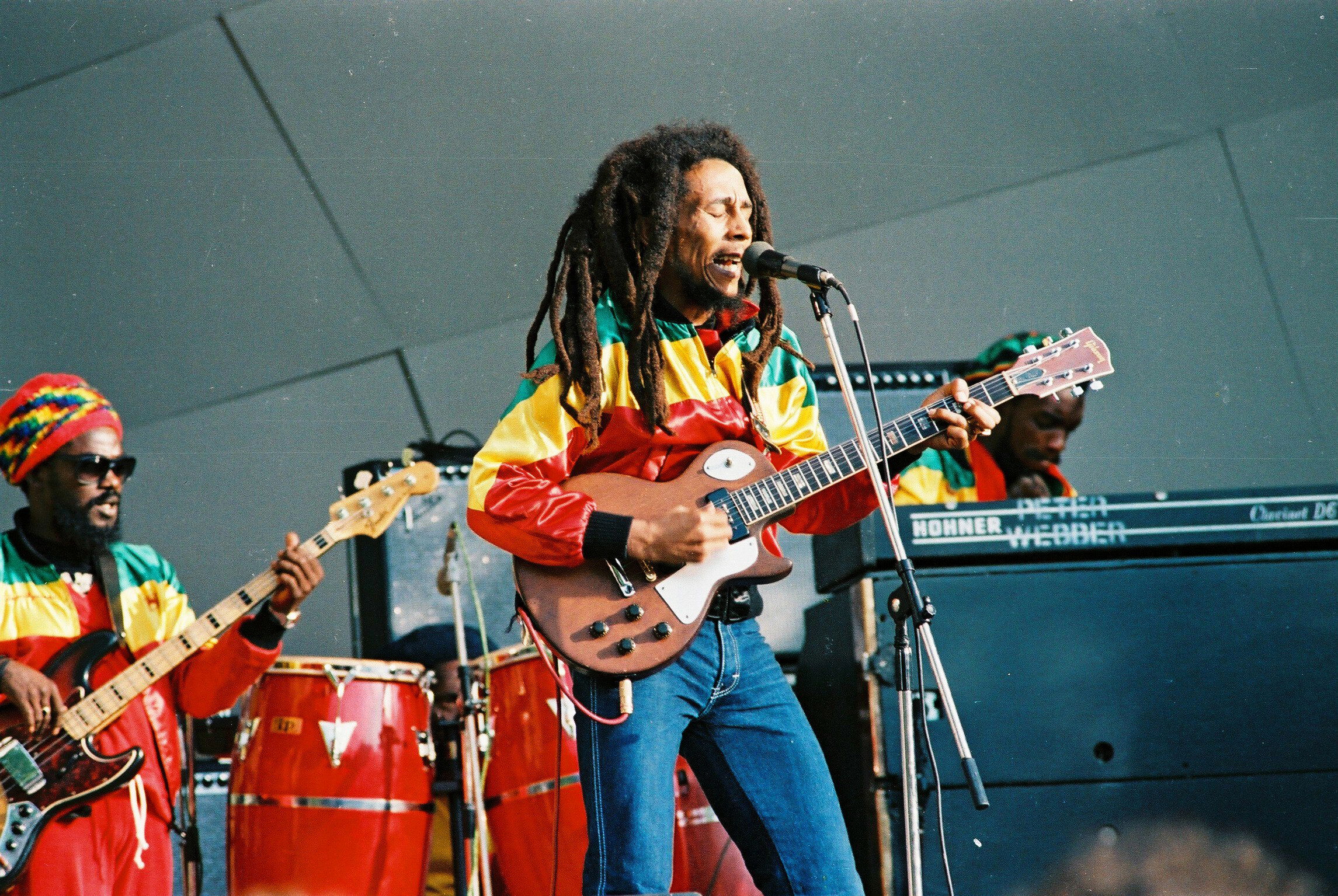Song Stories: Bob Marley: Redemption Song
Bob Marley's musical repertoire is vast, but "Redemption Song" is arguably his most interesting. Released in 1980 as the closing track on the album "Uprising" it is a stark and poignant departure from the rhythmic reggae driven sounds fans had become to know Marley for. Instead this acoustic ballad offers a stripped-down, introspective moment that speaks directly to the listener’s soul.
Written during one of the most challenging periods of Bob Marley’s life. Diagnosed with terminal cancer, Marley knew his time was limited. This awareness of his mortality imbues the song with a profound sense of purpose and urgency. It serves as both a reflection of Marley’s personal struggles and a broader commentary on the human condition.
The song draws inspiration from a 1937 speech by Marcus Garvey, a Jamaican political leader and key figure in the Pan-Africanism movement. Garvey’s call to "emancipate yourselves from mental slavery" is central to the song’s message, transforming Redemption Song into a universal call for self-liberation and empowerment.

Unlike most of Marley’s work, Redemption Song features no reggae backbeat, no rhythmic bassline, and no backing vocals. It’s simply Marley, his voice, and an acoustic guitar. This minimalist approach amplifies the emotional depth of the song, placing the focus squarely on its powerful lyrics.
At its core, Redemption Song is about liberation physical, mental, and spiritual. The line “Emancipate yourselves from mental slavery; none but ourselves can free our minds” encapsulates the central theme of self-empowerment. Marley urges listeners to break free from the chains of oppression, whether imposed by society or within our own minds.
The song also reflects on the sacrifices made in the struggle for freedom. The poignant question, “How long shall they kill our prophets while we stand aside and look?” is a reminder of the ongoing fight for justice and the need for collective action.
Over four decades later, Redemption Song remains as relevant as ever. Its themes of freedom and resistance resonate in today’s world, where social and political injustices persist. From movements for racial justice to struggles against authoritarianism, Marley’s words continue to inspire activists and individuals alike.
What makes Redemption Song truly timeless is its ability to inspire hope. While it acknowledges the pain and challenges of the human experience, it ultimately offers a vision of empowerment and resilience. Marley’s voice, filled with both vulnerability and strength, serves as a reminder that even in the face of adversity, we have the power to overcome.

Quite a lot of Marley's songs question the world we live in, but "Redemption Song" is him at his most raw and emotive, with the songs message being the most important thing at stake. Hence his departure from the sound fans had come to expect. Instead using a more folk like structure to let the lyrics really hit the listener but also transcend the genre that in many aspects was holding Marley down.
The acoustic arrangement gives the song a confessional quality, as if Marley is laying bare his thoughts and fears in the simplest, most honest form possible. It feels deeply personal, almost as though Marley is speaking directly to his audience with no distractions.
It is a universal anthem that means just as much in 2024, as it did in 1980.
Thank you for reading x
Jack